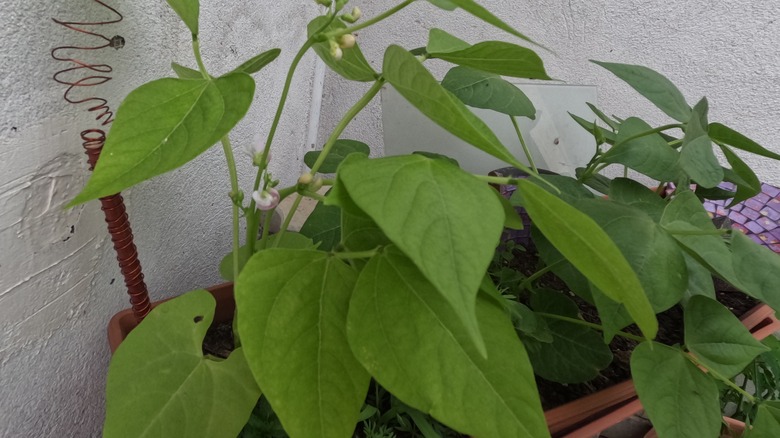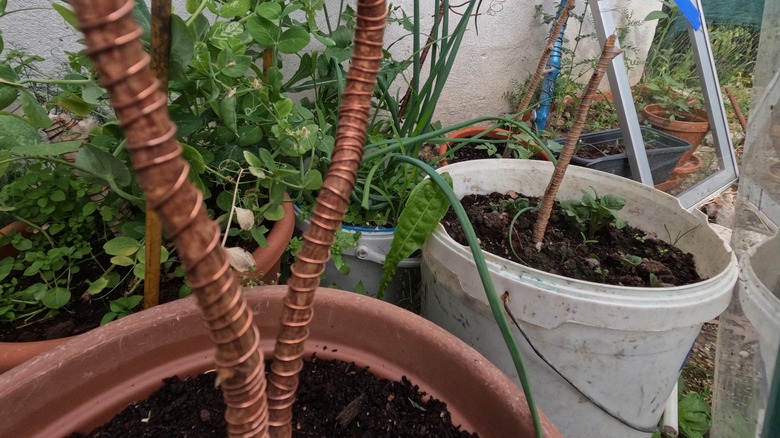Electroculture: Brilliant Gardening Breakthrough Or Garbage Waste Of Time?
Electroculture must have seemed like a breakthrough when it was first documented in 1746, but is under scrutiny today. You'll find several variations on the technique, but the basic idea is to deliver electricity to plants and soil using copper wire, alleged by believers to boost plant growth. They also assert that the practice reduces pests, protects plants from infections, and reduces the need for fertilizer. Believers practice numerous variations on electroculture, but the best-known versions involve either an electric current applied to coiled copper wire coiled around plants or a copper antenna placed in the soil to gather ambient electricity in the atmosphere. Interest in electroculture has popped up periodically in the centuries since that first known research and emerged again early in this decade, becoming viral on social media. Contemporary interest seems to be linked to the desire for alternatives to chemical fertilizers.
Electroculture is clearly nothing new, however, and remains unsupported by scientific evidence – so, yes, a waste of time. You'll find dozens of videos and websites extolling the benefits of electroculture and even academic publications supporting the practice. It's possible electroculture practitioners do see bigger plants, but as Washington State University horticulturalist and mythbuster Linda Chalker-Scott exhorts in The Garden Professors, "Worldwide, scientists consider electroculture to be a pseudoscience, particularly because it does not propose any plausible scientific mechanism to explain how electricity would stimulate plant growth."
Stick with proven techniques to boost plant growth
Alas, electroculture falls into the category of similar horticultural practices with minimal science support — companion planting. Even the earlier studies began to report that electroculture results were inconsistent. Contemporary articles lack peer-review oversight, are often published in journals unrelated to plant science, and reflect a lack of understanding of plant mechanics and other variables that affect plant growth. If you still have any doubts about the legitimacy of electroculture, ask yourself: Wouldn't the agriculture industry be using this technique if it worked?
It's not surprising that enthusiasm for electroculture waned in the 20th century when scientists started learning more about plant biology and techniques like using fertilizer that are proven to contribute to plant growth. If you are now convinced that electroculture is a pseudoscientific waste of time, consider focusing on time-honored ways to boost plant growth, such as finding an organic fertilizer that'll do wonders for your garden soil and simple tricks to encourage new growth for fuller plants.

